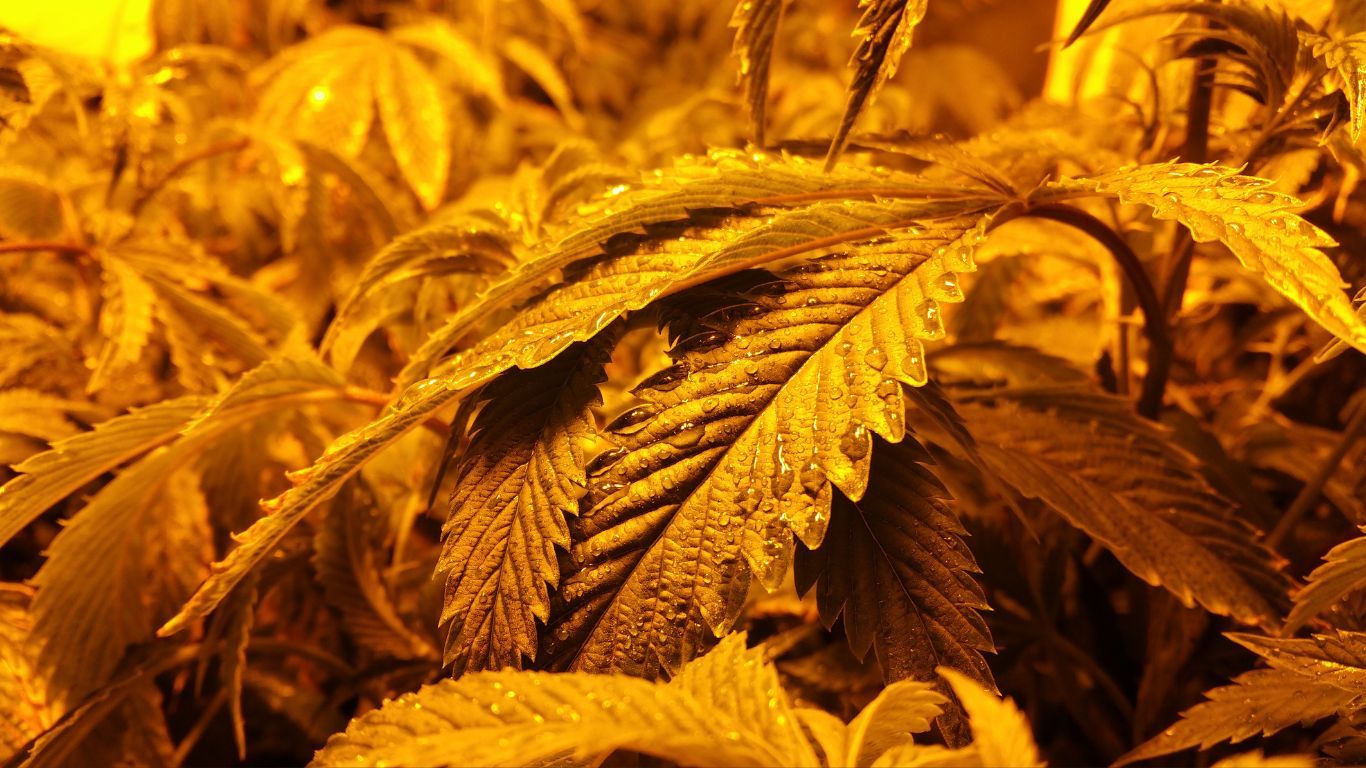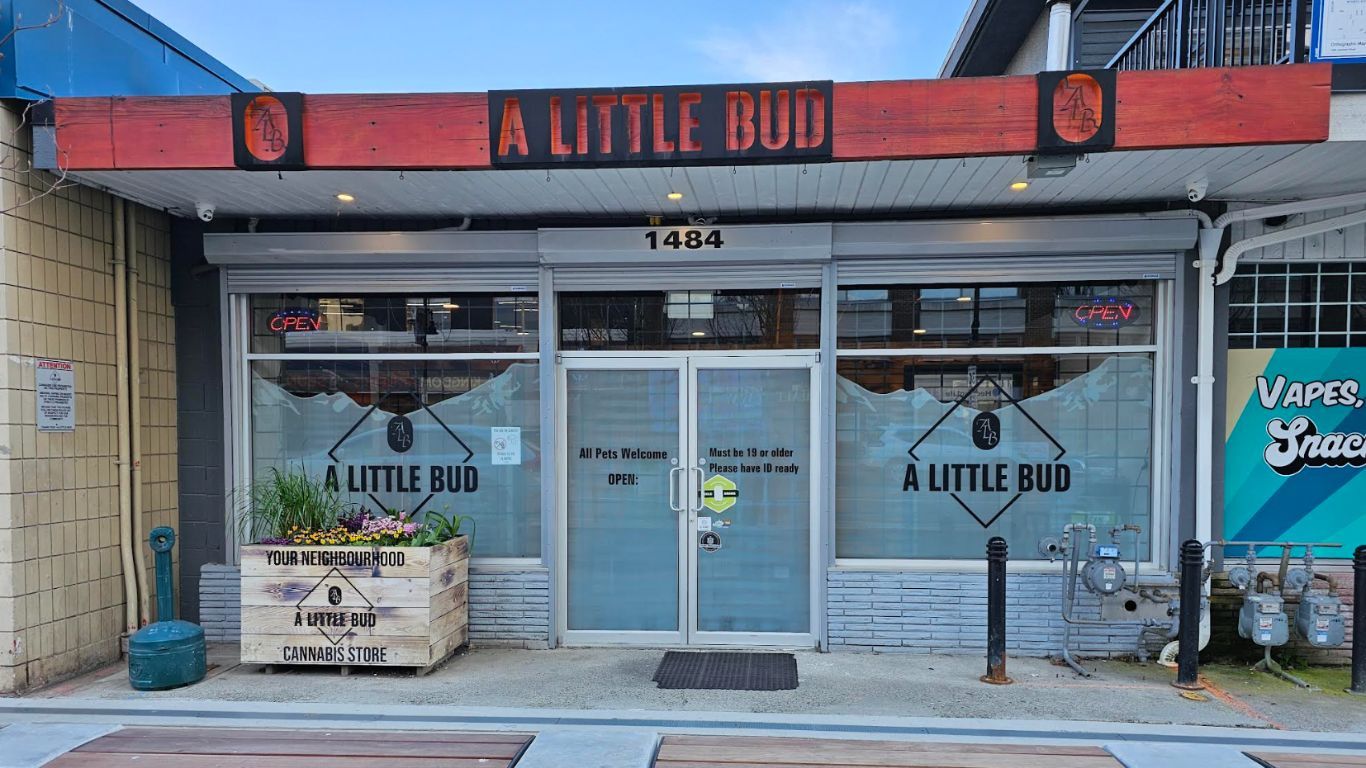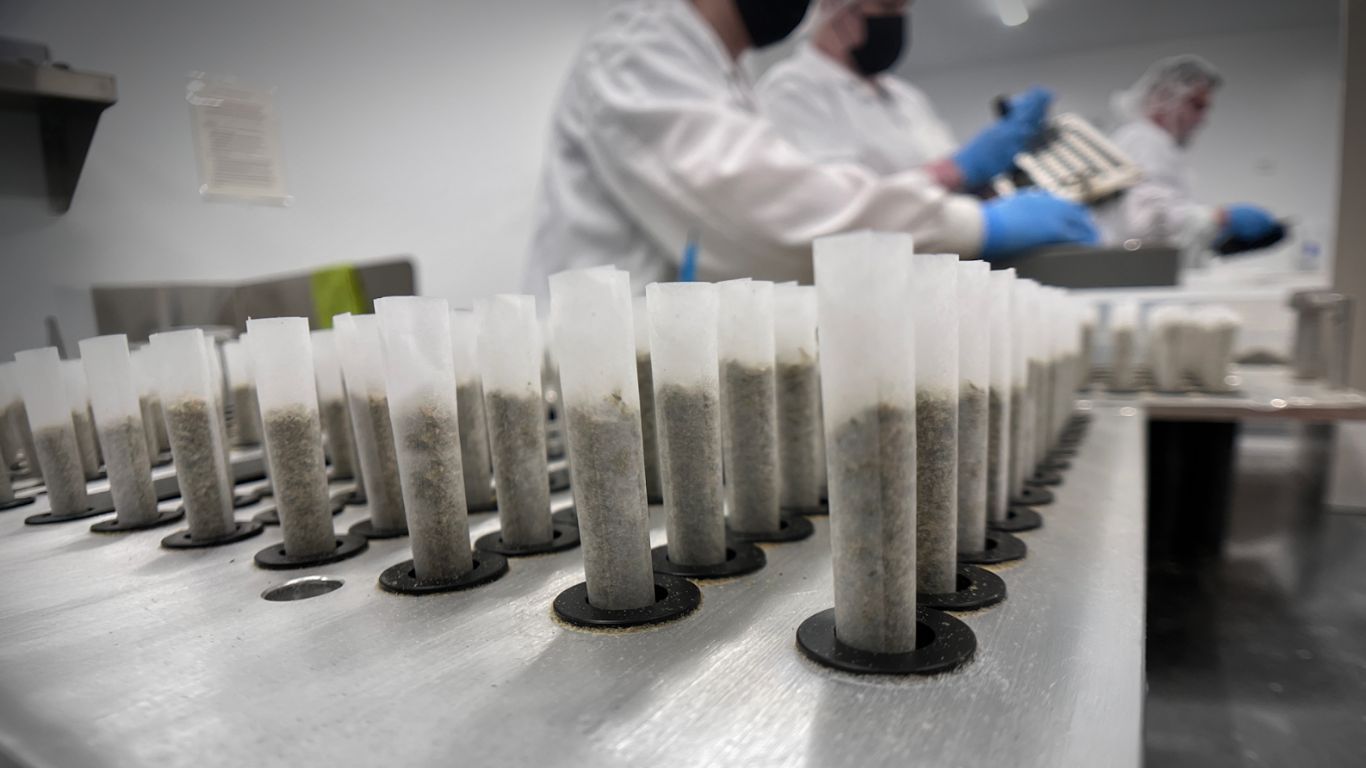
Fort 20 Farms is a newly licensed indoor micro cultivator in BC’s Lower Mainland, located on a 40-acre farm about an hour outside of Vancouver.
The owner and director, Andrew Neitzel, started the company with two other partners who serve as the master grower and facility manager. After about a year of renovation and applications, they received their licence to cultivate in December 2023.
“We want to make smart decisions as we go forward and create opportunities as we can. With any young business, any decision can be a make-or-break decision.”
Andrew Neitzel, Fort 20 Farms
A few months later, Fort 20 released its first two crops into the B2B market and under its brand in the BC market through local processor TriCanna—its BC Kemo and Purple Jelly, available in 7-gram SKUs and pre-rolls. Neitzel says they plan to offer products through BC’s direct delivery program beginning in July.
Neitzel says the Kemo cultivar is one of the original UBC Chemo strains, and the Purple Jelly is a unique cultivar brought in by Fort 20’s master grower.
Although their first crops were sold into the BC market, the micro cultivators are also considering the export market. They recently received their GACP certification.
Still, they aren’t looking to make any big moves, opting to take each step carefully.
“We’re just putting one foot in front of the other, not trying to do everything at once,” explains Neitzel. “We want to make smart decisions as we go forward and create opportunities as we can. With any young business, any decision can be a make-or-break decision.”
Currently, the priority has been connecting with local retailers in BC and talking to them about the products they have for sale through the BCLDB and through the direct delivery platform.
“We’re out there talking to retailers, letting them know who we are, that we’re just a small team who is passionate about good cannabis, and we have some very unique strains so I think we can help those retailers have something unique.”
Being a micro producer isn’t easy, he adds, but working in agriculture much of his life as a second-generation farmer, he says he’s used to it.
“The cannabis industry is a challenging business. I love agriculture, and with a farming background we’re used to not making money (laughs). Some years are good, some years are bad. The [cannabis] industry is obviously going through a lot of changes right now, and I’m hopeful that the cream will rise to the top and people who put out a good, reliable, clean product will find success. But there’s a lot of competition, and probably a lot of people who do a good job with that. So we’re doing a good job, connecting with people and just taking it one step at a time.”











